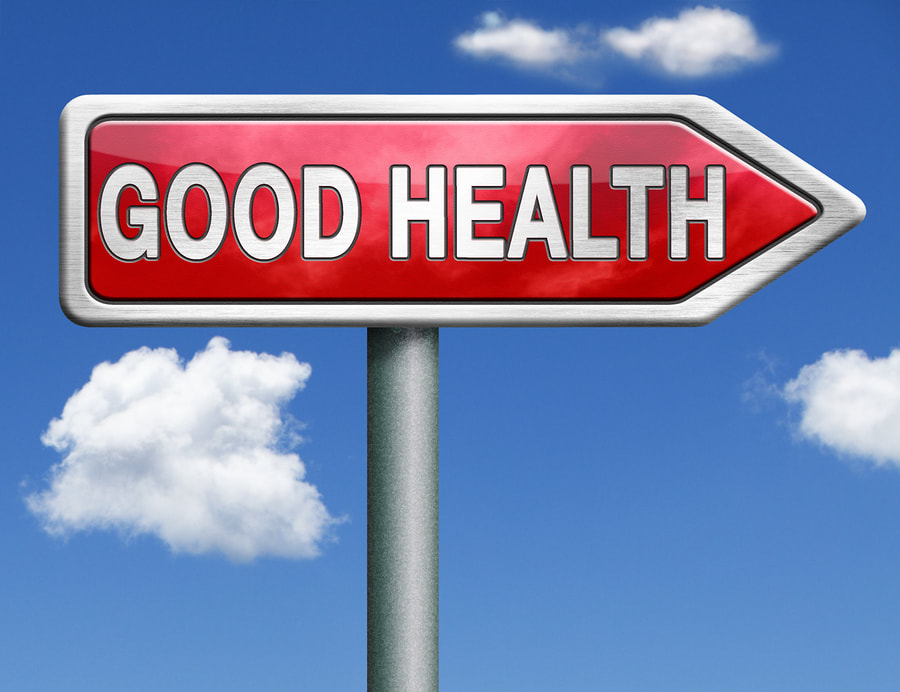|
Boost Your Health This Spring By Pierre Mouchette | Bits-n-Pieces Use safe and effective sun protection.
The sun’s rays are linked to skin damage and cancer. To protect yourself, it is essential to adopt good sun safety practices: Cover up, seek out shade, plan around the hottest times of the day, and regularly use a safe and effective sunscreen. Many sunscreens contain ingredients linked to health harms, like oxybenzone, a hormone-disrupting chemical, and do not adequately protect from ultraviolet A and B rays. Remember that SPF products break down and become less effective over time, so reapplying them every few hours is essential. Clean up your beauty routine. Spring is the perfect time to clean out your stash of personal care products. Get rid of old or expired products. You might be surprised to learn that personal care products can go bad, and there is a time after which a product should not be used, whether because of increased risk of bacterial contamination or changes in other qualities. You can find expiration dates on most product labels. For products without expiration dates, you must decide whether they should be thrown out based on how long ago it was opened or obvious signs that the formulation has turned, such as smell. Take care of allergies. If you suffer from spring allergies, you are likely familiar with outdoor triggers that worsen your symptoms, but you may be less familiar with indoor allergens and pollutants. The air inside can be two to five times more polluted than outside. Indoor pollutants, including dust, pollen, animal dander, mold, and smoke, can worsen health conditions like asthma and respiratory irritation and lead to more serious long-term consequences, such as lung disease and cancer. For instance, indoor dust samples in a research study contained “hormonally active compounds.” These compounds are most closely associated with PFAS and PBDE, a flame retardant in some furniture. Both are linked to severe health issues. Although no air filter alone will fully clean the air, you can improve air quality with filters installed in your central heating and cooling system or with a portable air purifier. You must do some spring cleaning to ensure dust and other allergens do not accumulate. First, take a look at the products you use. Many conventional cleaners contain harsh or toxic chemicals that can harm your family's health. Eat seasonally. This is a great time to find out what produce is in season near you. Fruits and vegetables are typically fresher and tastier when harvested and consumed at their peak maturity. Produce begins to lose its nutritional value when it is harvested. Fruits and vegetables grown at home or bought locally and in season require less transportation and storage, less irrigation, and fewer pesticides. A Seasonal Food Guide can help you start eating in season. It lets you filter by state and month to show where and when your favorite locally-grown produce is at its peak. Shopping at a farmers market and talking to vendors are great ways to learn what’s in season. Make sure your lawn and garden are non-toxic. It is best to keep pesticides away from your home, inside and out. Pesticides used at home are a significant source of exposure, and since they are designed to kill living organisms, they can (not surprisingly) be dangerous to your health. Fertilizers can be incredibly toxic to your lawn, the environment, and health when used excessively. This season, consider the alternatives: – organic gardens, lawns, and landscaping requiring no pesticides and little watering. Talk to a local garden center or nursery about the best grass to grow in your area. Remember that mixed-species and native wildflower lawns are a low-maintenance alternative to turfgrass, putting less strain on the local ecosystem.
0 Comments
Your comment will be posted after it is approved.
Leave a Reply. |
Archives
May 2024
|
